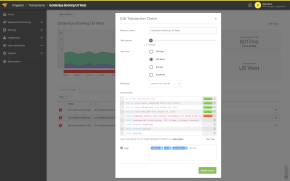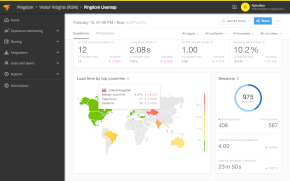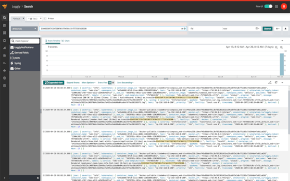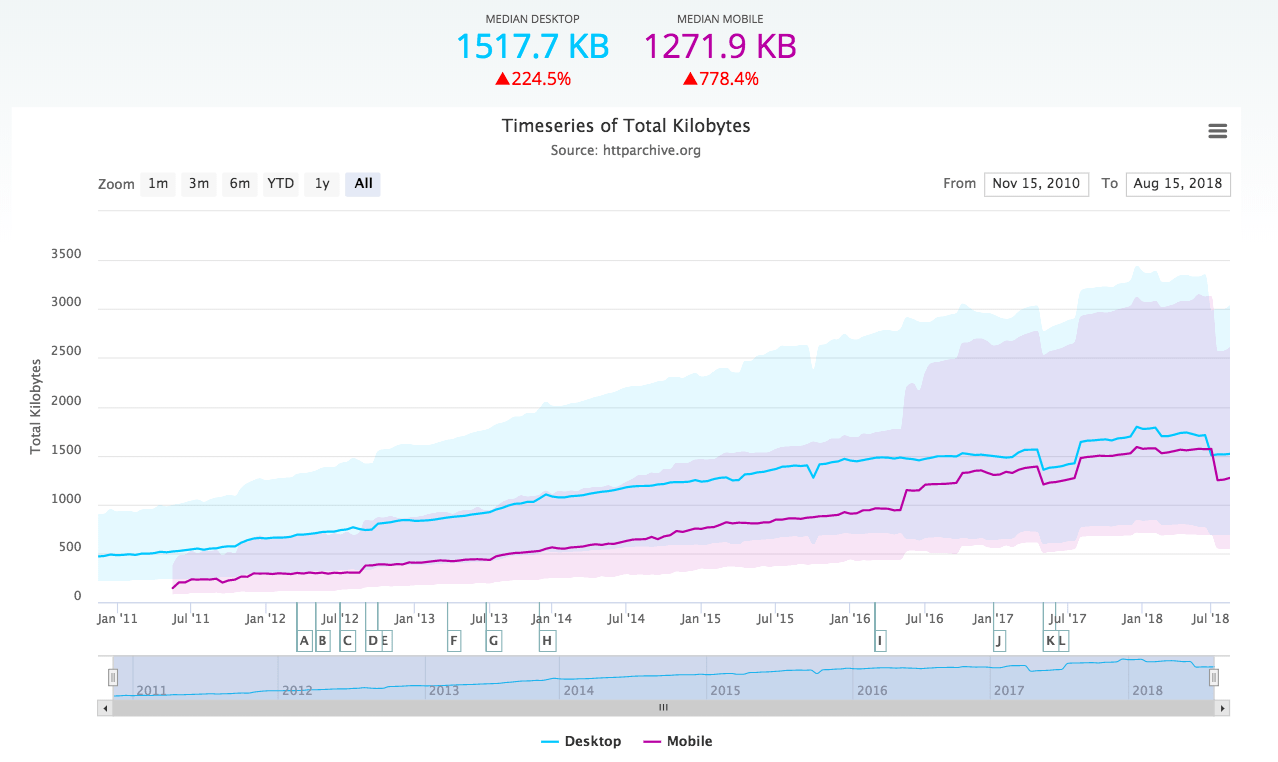With online travel sales set to reach $94 billion in 2007, downtime is more costly than ever for travel websites. A four-week survey of 16 travel websites shows that only four had no downtime.
Online travel sales are at an all-time high and the market is becoming increasingly competitive. In this competitive climate it is more important than ever before for travel websites to not have any issues and always be available to their customers. Website downtime is basically the same thing as closing the shop and will drive both sales and customers away to competing services.
We (Pingdom) have performed a four-week survey of popular travel websites, which shows a large difference in availability between the different sites. OneTravel.com turned out to have the most downtime by being unavailable for a total of two and a half hours, while four of the surveyed websites had no downtime at all. Those sites were Travel.com, Priceline.com, Site59.com and LastMinuteTravel.com. Giants Travelocity.com, Orbitz.com and Hotels.com had a mere five minutes of downtime.
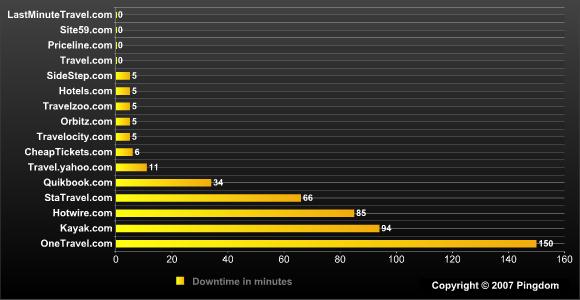
US online travel sales will reach $94 billion in 2007 according to eMarketer. This means that downtime costs more money for travel websites than for many other types of online services. Also, since there is so much competition, there are plenty of options for customers to take their business elsewhere if one website fails to respond.
That said, most websites in the survey had very good availability, so it is clear that they are taking the issue seriously. Ten had less than six minutes of downtime during the period. Only OneTravel.com, Kayak.com, Hotwire.com and StaTravel.com had more than one hour of downtime.
This survey also shows that not even Yahoo is perfect. Yahoo Travel (travel.yahoo.com) was unavailable for a total of 11 minutes.
How much money a travel website loses as a result of downtime depends on many factors, such as the time of day and the amount of visitors that get turned away. Availability issues may also damage the trust users have in a website, leading them to choose another travel service in the future. As competition between travel websites heats up, the negative effects of downtime will most likely increase.
About the survey:
The survey period was May 22 to June 19, a total of four weeks. Expedia.com was originally part of the survey, but the results have been omitted since the service blocked monitoring during part of the test and the results would therefore not be fair. To be considered down, a website would either not answer within 30 seconds, or reply with an error.
